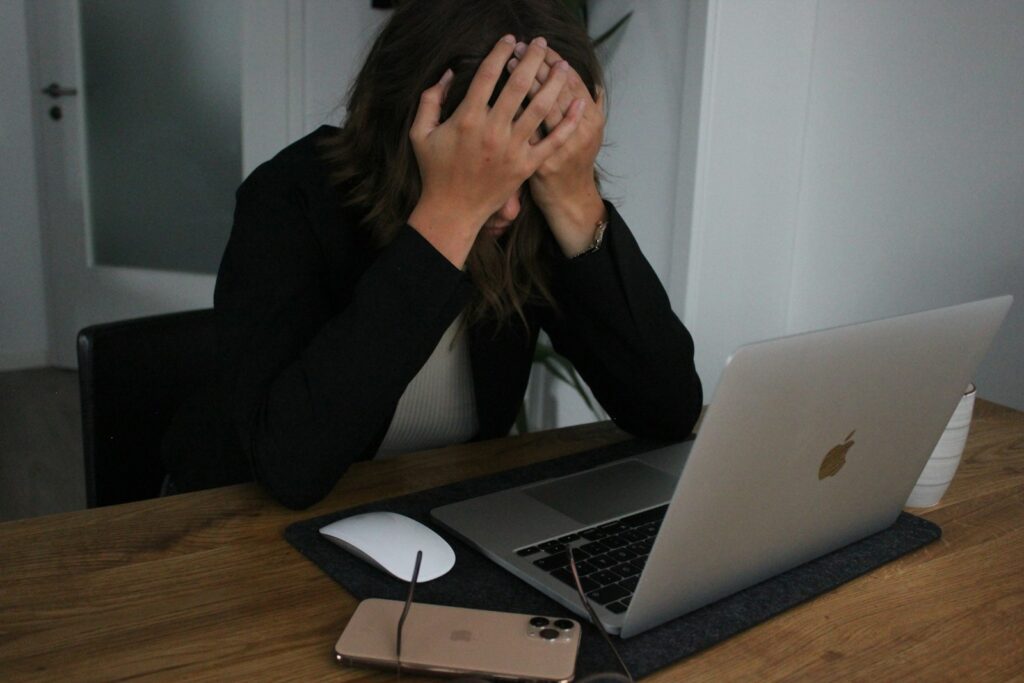The average individual glances at their phone 96 times a day and spends more than 7 hours gazing at screens. The repeated stimulation of digital inputs derails attention, fractals the brain and body, triggers stress hormones, and hijacks the brain’s reward system. A digital detox is not about removing technology from life, but about establishing smart boundaries to regain mental sanity and emotional balance.
Research indicates that even a brief period of disconnection from electronics can enhance attention, reduce stress, and improve sleep. If you’re looking for a reboot or slowdown in your whole approach to technology, controlled screen time reduction can revolutionize how you use it.
The Science of Digital Detox and Better Focus
Digital overload induces measurable alterations in brain structure and function. The constant flow of notifications inundates your system with cortisol and dopamine, setting up an addictive feedback loop that renders concentrated attention all but unfeasible. Dr. Anna Lembke at Stanford explains how addictive screen time depletes dopamine receptors, making us require increasingly provocative content to be gratified.
Primary mental health benefits include:
- Enhanced depression and anxiety symptoms
- Improved quality and duration of sleep
- Enhanced cognitive function and memory
- Enhanced interpersonal relationships in everyday life
Studies of neuroplasticity confirm that the brain can be rewired within days following a modification in one’s digital lifestyle. Dr. Larry Rosen’s study, which found that students with weekly 24-hour technology-free time reported high levels of distraction and stress after one month, was cited.
You get priority because digital detox allows your prefrontal cortex to restore itself from all the task-switching. Your brain can enter deep work states that were practically impossible when digital consumption was compromised by the ping of notifications.
Example: Microsoft discovered human attention spans dropped from 12 seconds in 2000 to 8 seconds now, shorter than a goldfish’s.
Read More: How to Recognize Hidden Signs of Burnout
Your 3-Day Digital Detox Quick Reset Plan
A three-day digital detox is a perfect starting point for conscious technology use. It’s a plan for reduced screen usage that aims to curb unnecessary technology use without compromising essential connectivity.
Day 1: Social Media Sabbatical
Remove social media from phones. Activate site blockers on computers. Substitute scrolling minutes with walking, reading, or face-to-face talk.
Day 2: Entertainment Extinction
Shut off streaming sites, YouTube, and video games. Create phone-free areas at dinner and the beginning/end of your day.
Day 3: Defanging Notifications
Turn off all non-essential alerts. Place your phone in grayscale so it is less tempting. Experiment with the “phone in another room” hack for distraction-free workflows.
Equipment essentials: Don’t use the phone as an alarm clock. Plan appointments from a paper calendar. Let others in the home and workplace know about your limited short-term availability.
Success strategy: Swap digital behaviors with instant impact. Each time you feel like using the phone, perform 10 push-ups or breathe three deep breaths.
Read More: 7 Daily Habits That Boost Mental Resilience
Panoramic Plans: 7-Day and 30-Day Digital Transformation
7-Day Intensive Protocol:
Days 1-3 are a speed reboot program. Days 4-5 are “analog substitutes”—board games instead of video games, real books instead of e-readers, and nature-scaping instead of virtual entertainment. Days 6-7 focus on establishing digital boundaries in the home, including setting tech-free times, limiting app usage, and controlling content streams.
30-Day Complete Rewiring:
Week 1 removes recreational screen time. Week 2 focuses on removing techno-habits and promotes mindful use by checking devices at scheduled times. Week 3 deploys attention training with meditation and single-tasking training. Week 4 goes to long-term habits.
Author Dr. Catherine Price in “How to Break Up with Your Phone” suggests a gradual return after prolonged absences. Begin from the bare minimum, then add useful apps with gates closed for time wasters forever.
Monitoring progress: The majority of users report sleeping better within 3 days, focusing better within a week, and becoming more creative within 30 days of starting their digital detox course.
A digital detox is not so much about abandoning modernity, but about reclaiming your own mental focus and energy. Reboot for 3 days or reboot for a month, healthy screen use benefits exponentially. Slow down, be kind to yourself, and try to incorporate more substantial things into your life that aren’t simply subtractive digital ones.
Your sanity, imagination, and focus are worth the battle. Begin your digital detox today and behold the world when you are actually there.
Read More: How Screens Affect Your Brain (and What to Do About It)




